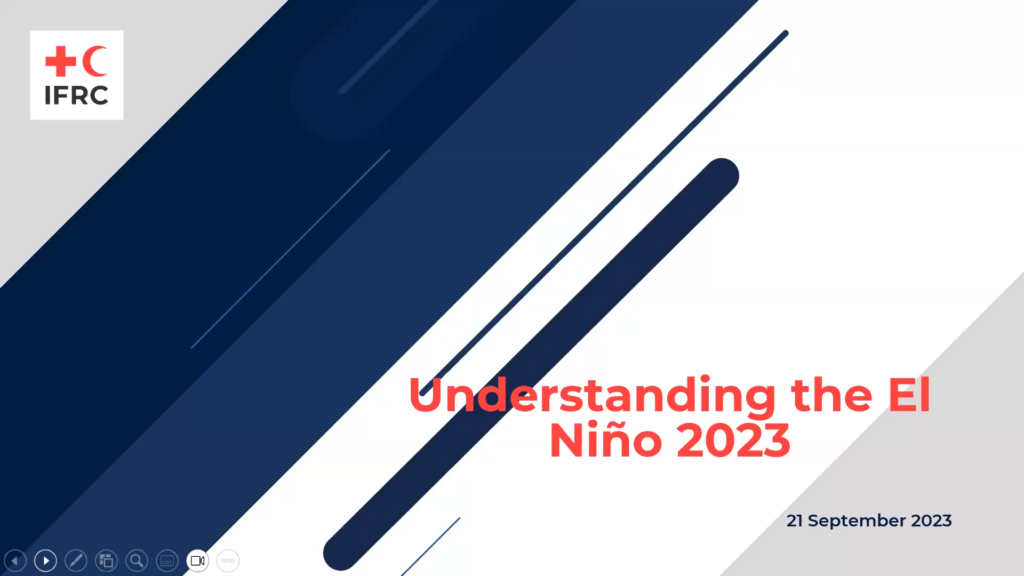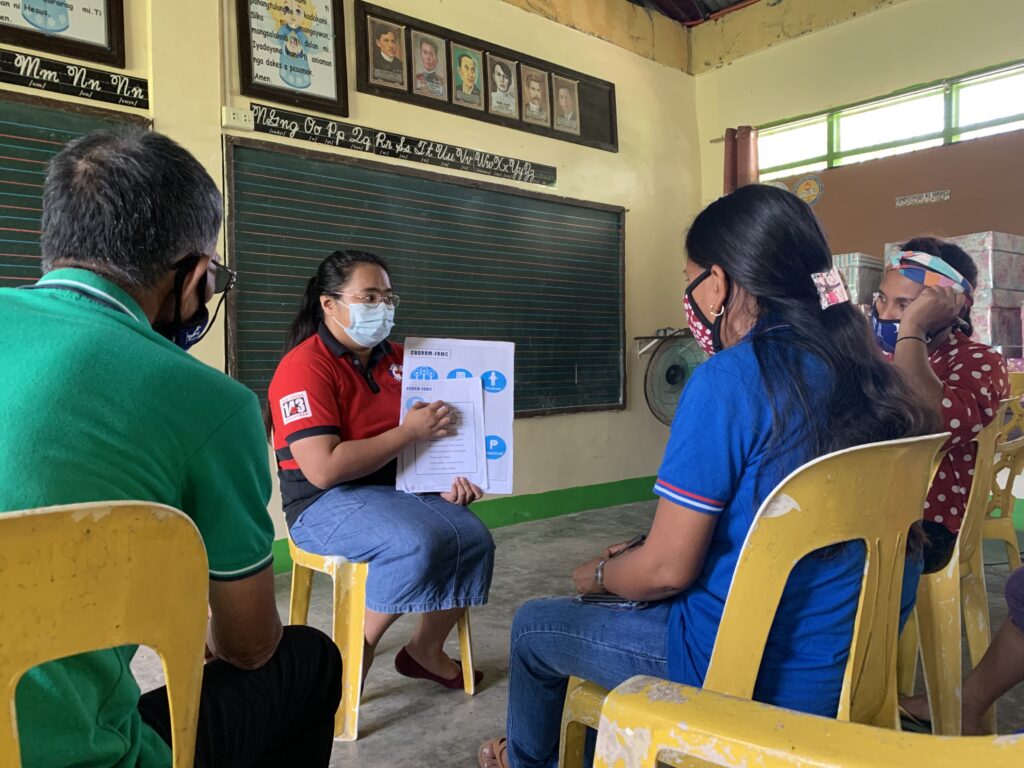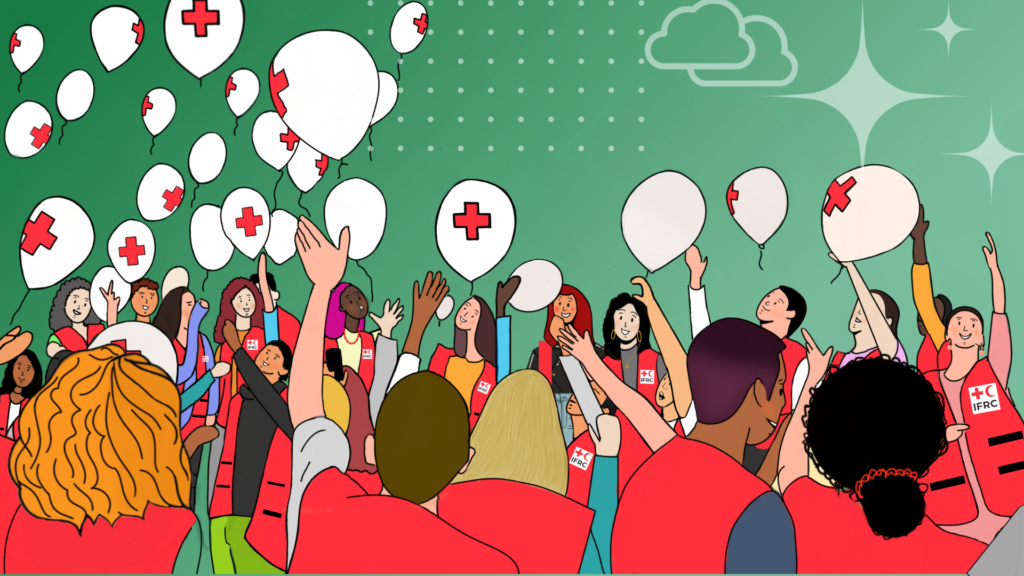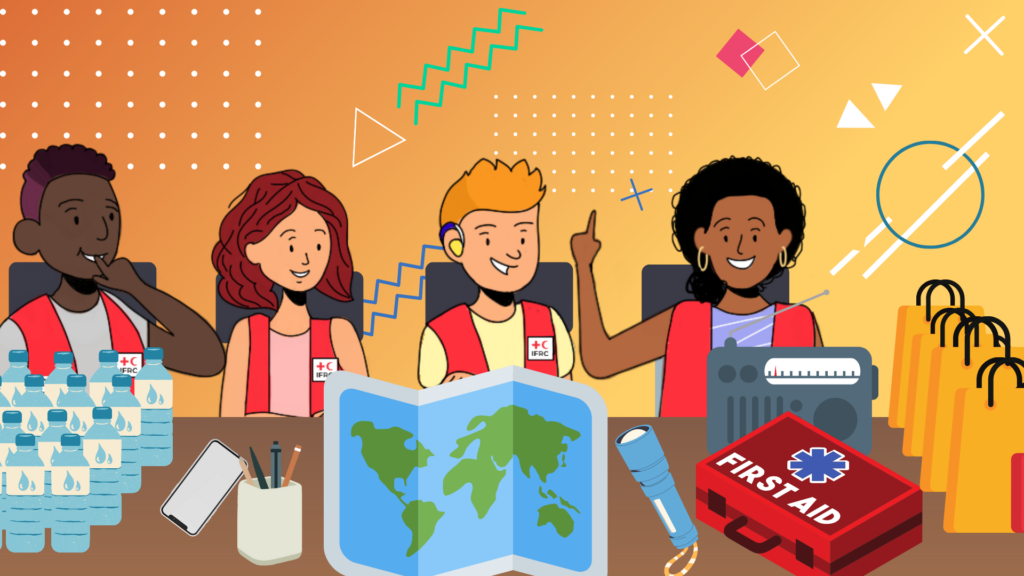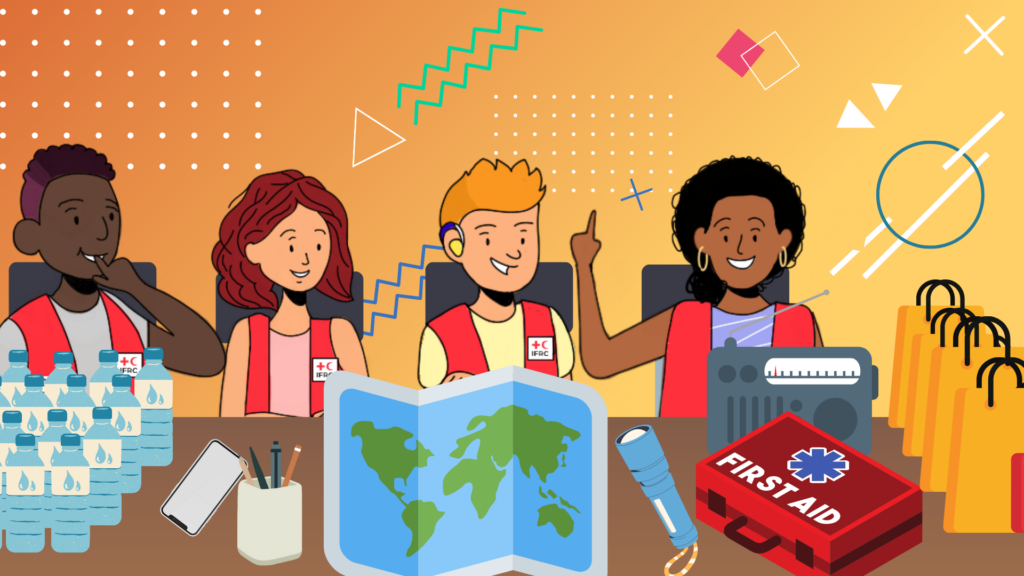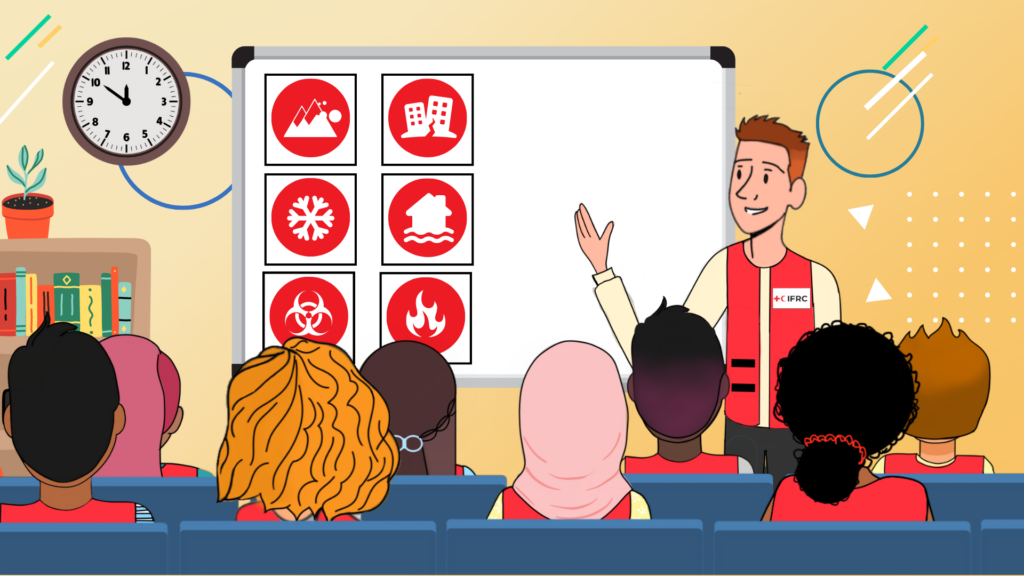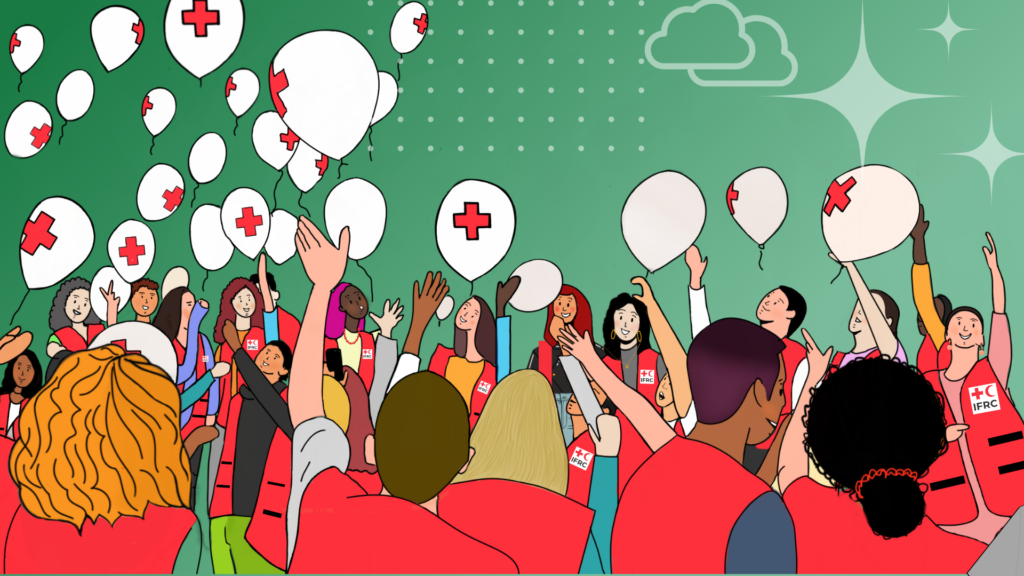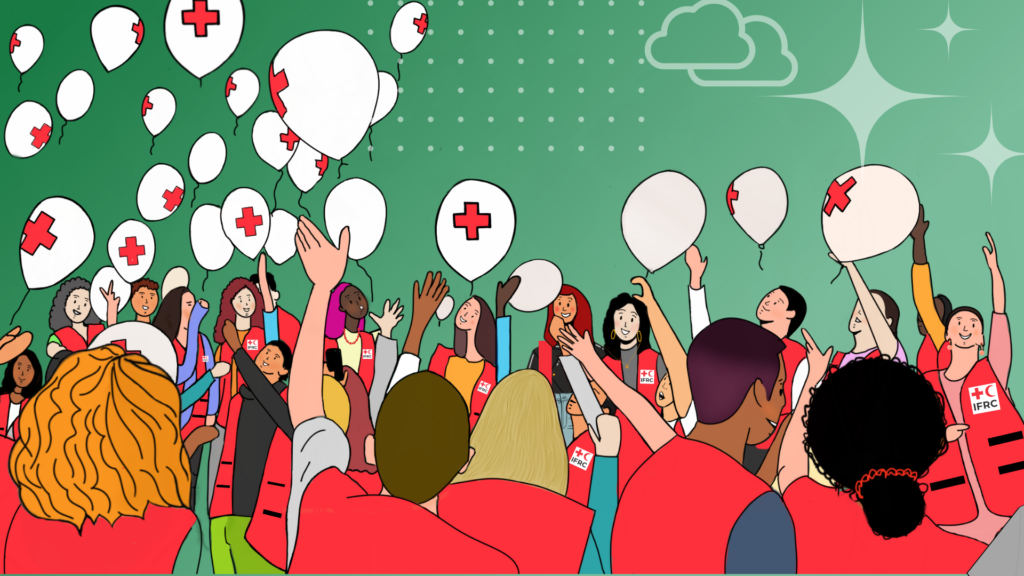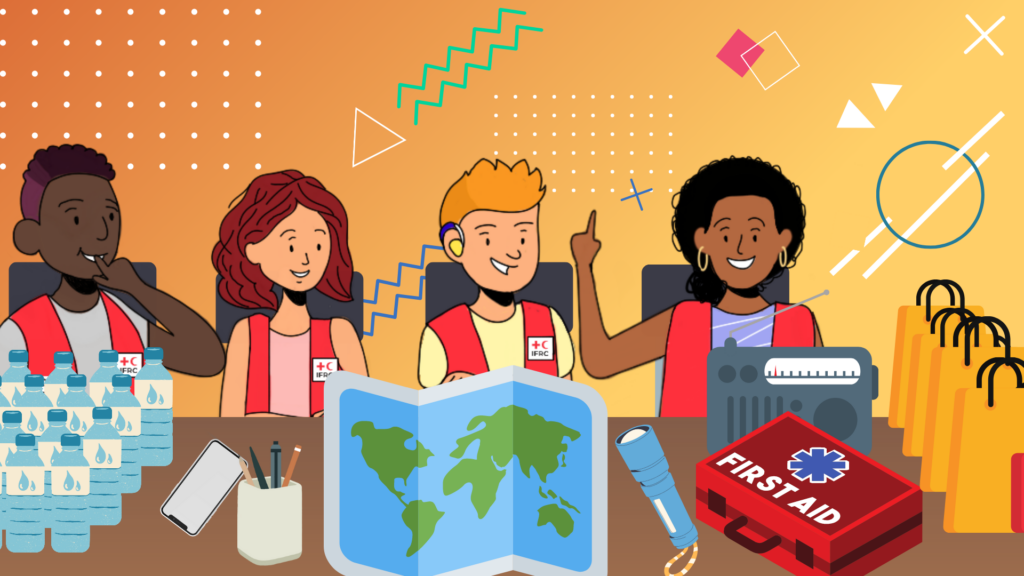Webinar: 2023 El Nino – Impact, Preparedness, Funding
The El Niño phenomenon is strengthening in the Africa Region with severe impacts predicted for Eastern and Southern Africa. To help African National Societies and their partners anticipate and prepare for the likely impacts of the El Niño phenomena, IFRC Africa, in partnership with the Red Cross Red Crescent Climate Centre, hosted the webinar titled 2023 […]
Webinar: 2023 El Nino – Impact, Preparedness, Funding Read More »

